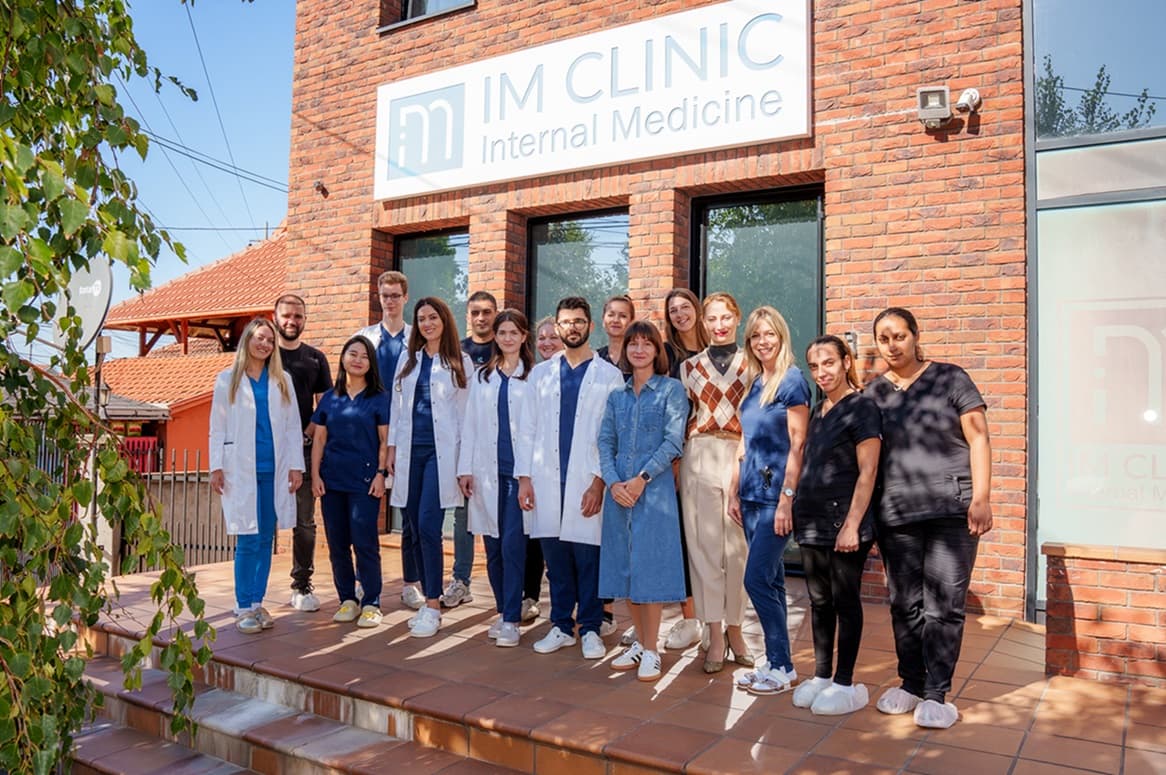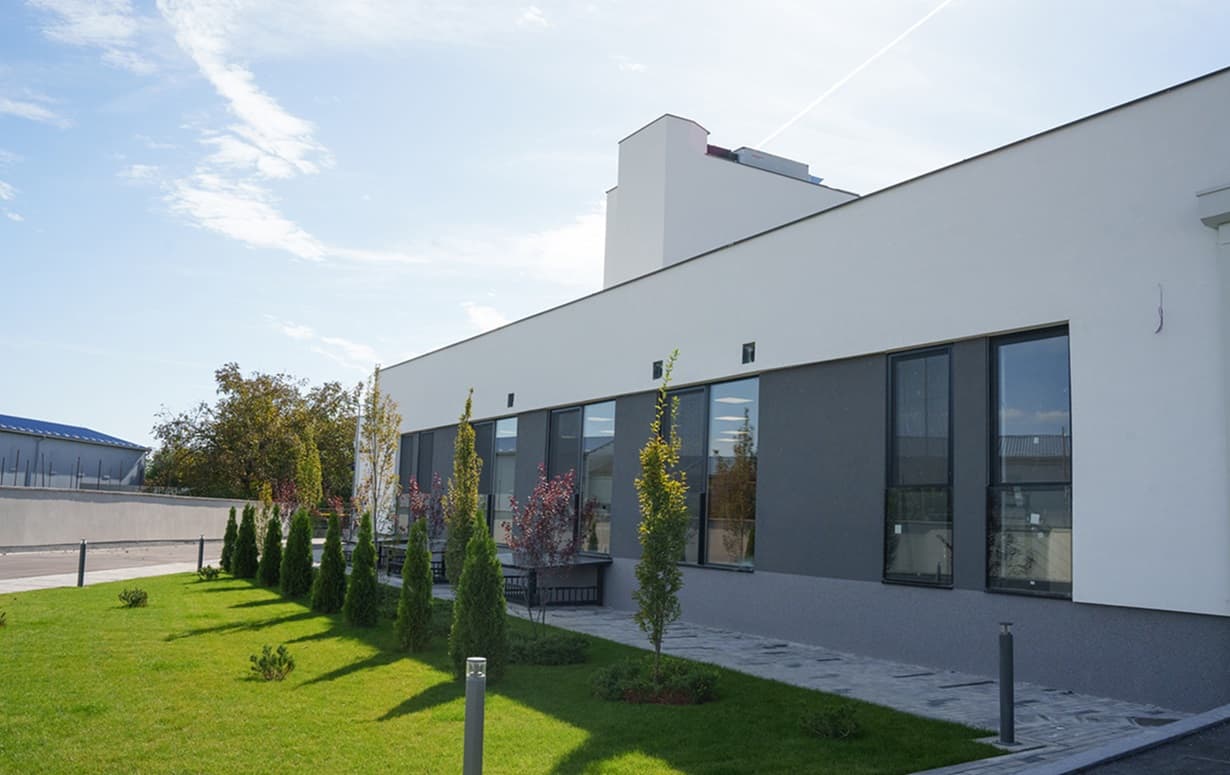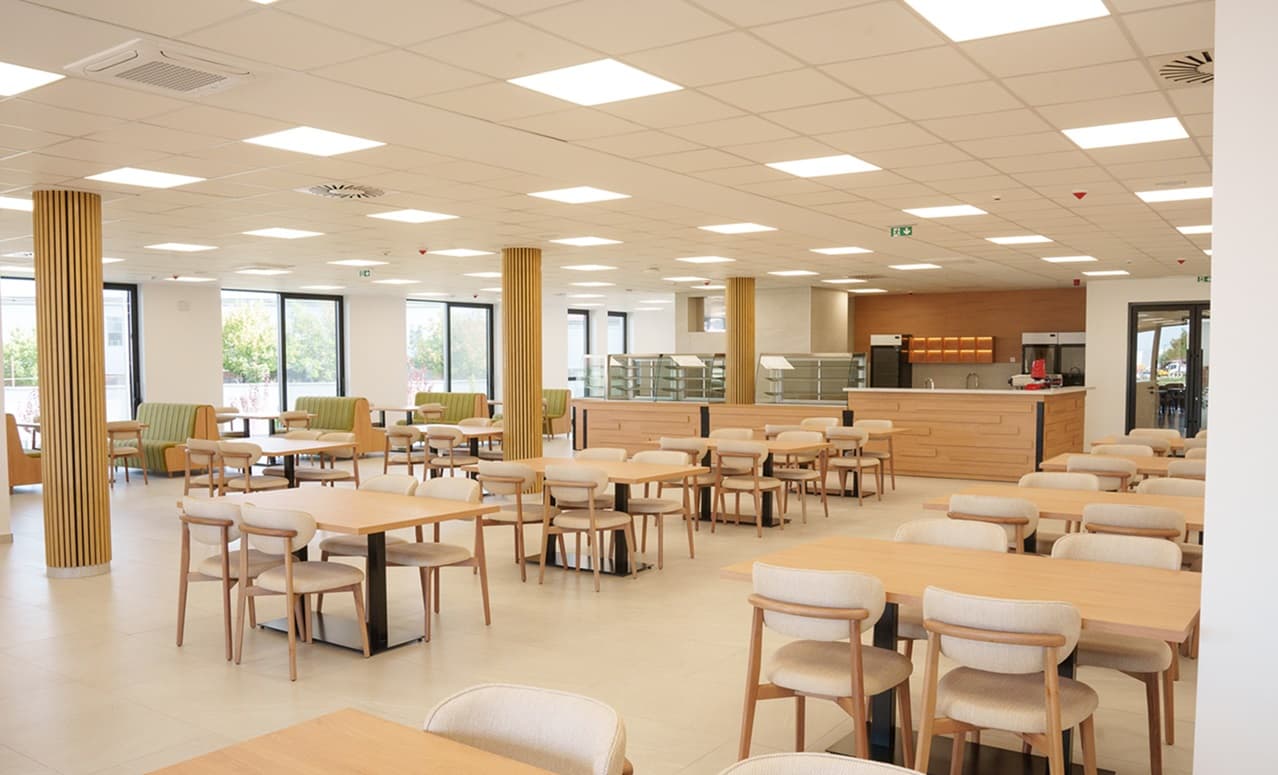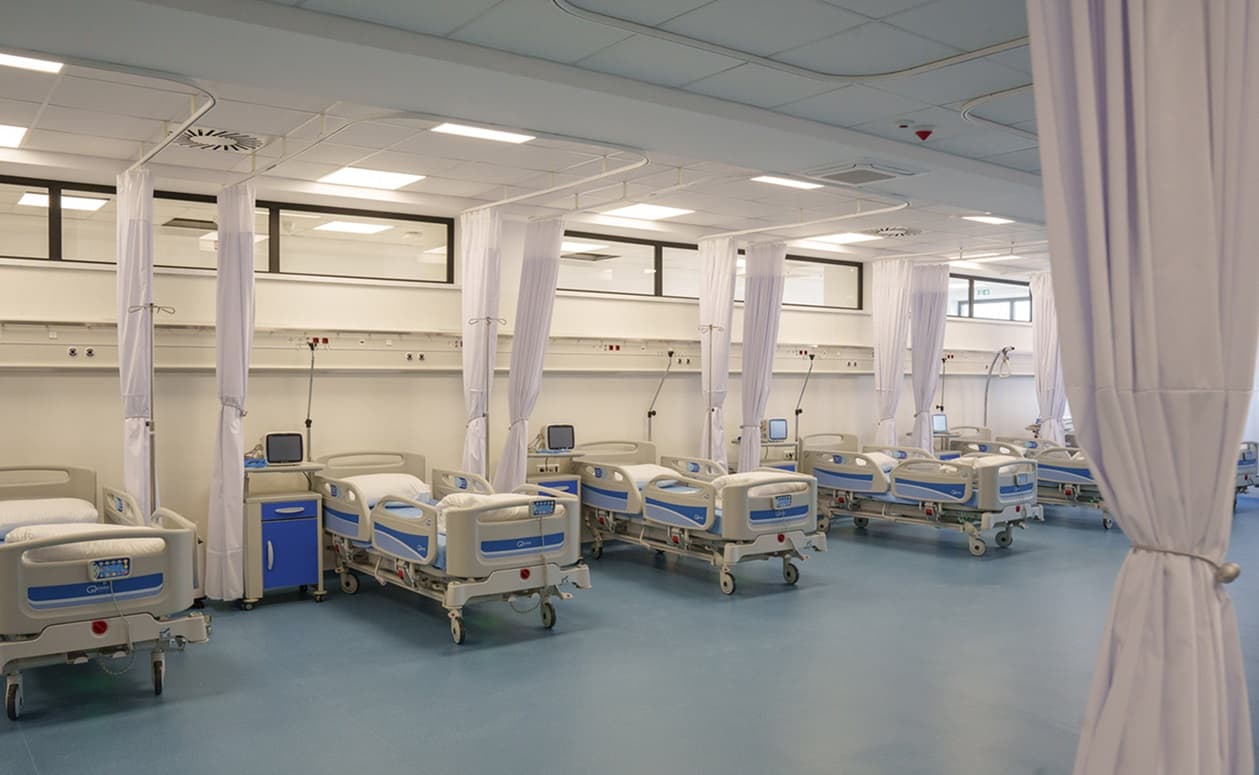Infertility is something many couples face, with around 15–17% struggling to conceive. There are options like medication, IUI, and IVF that can help, but stem cell treatment for female infertility is now offering a fresh sense of hope. Similarly, there are promises in the area of male fertility after stem cell transplant.
Let’s explore the scientific principles behind stem cell therapy, its benefits and limitations, as well as the stem cell treatment for female infertility cost and male options for treatment.
Understanding Infertility: Causes and Challenges
Infertility is a complex issue that affects both the male and female reproductive systems, making it difficult to conceive a child. The causes of infertility vary widely and may involve one or both partners.
For women, it might include:
- Ovulation disorders—conditions like polycystic ovary syndrome (PCOS) disrupt the release of eggs.
- Endometriosis—a condition where tissue similar to the lining of the uterus (endometrium) grows outside the uterus, often on the ovaries, fallopian tubes, or pelvic lining.
- Structural issues—abnormalities in the uterus or fallopian tubes can prevent successful fertilisation or implantation.
For men:
- Sperm issues—difficulties with sperm shape, movement (motility), or low sperm count are leading causes of male infertility.
- Varicocele—enlarged veins in the scrotum can impact sperm production and quality.
- Hormonal imbalances—low testosterone levels can affect sperm production.
Infertility, in addition to physical issues, adds new challenges to the patient’s life:
- Emotional distress—infertility can lead to feelings of sadness, anger, frustration, guilt, depression, and anxiety.
- Social stigma—infertility can be isolating and stigmatizing, leading to feelings of shame and inadequacy.
- Financial strain—fertility treatments can be expensive, placing a significant financial burden on individuals and couples.
- Time pressure—often referred to as the “biological clock”—can add immense pressure, creating anxiety and limiting treatment options.
- Relationship strain—infertility can strain relationships, impacting communication and intimacy.
How Stem Cell Therapy Works for Infertility Treatment
Mesenchymal stem cell therapy for infertility provides hope to those seeking to conceive or improve their quality of life by addressing the underlying causes.
The course of stem cell treatment for female infertility allows restoring the ovulation cycle in women while also improving egg quality, uterine lining, fallopian tube blockage, and uterine fibroids.
As for stem cell therapy for male infertility, it focuses on the normalization of spermogram indicators. The treatment focuses on a process called spermatogenesis. This process helps develop sperm from germ cells in the testis tubules. It starts with the division of stem cells, which encourages the testes to produce more sperm. As a result, sperm counts can significantly increase, gradually improving fertility.
Want to better understand the stem cell treatment process?
Dive into this article for detailed explanations.
Benefits of Stem Cell Therapy for Infertility
When traditional treatments—like medications and lifestyle changes—don’t seem to work, many find themselves stuck between continuing ineffective treatments and considering other ways to conceive.
How stem cell fertility therapy can help:
- Encourage producing various growth factors to help needed cells migrate and regulate cell interactions at the molecular level, so the body has the potential to slow the progression of the condition.
- Activate dormant and suppressed cells, triggering cell division; this way, stem cell fertility treatment may help increase the number of new cells in the body.
- Secrete various enzymes, cytokines, and proteins that promote cell proliferation and inhibit the death of functional cells.
- Stem cells have an immunosuppressive function in relation to the body’s natural killer cells.
Are There Any Age Limitations for Stem Cell Therapy for Infertility?
There are age restrictions for using stem cell treatment for female infertility, as age impacts a woman’s chances of conceiving. Menopause, for example, makes pregnancy extremely unlikely, leaving in vitro fertilization (IVF) as the only viable option. However, stem cell therapy can help achieve the desired results for IVF and increase the chances of pregnancy.
For men, age can impact fertility since sperm quality and quantity tend to decline over time, which may reduce the effectiveness of stem cell treatment for male infertility.
Are There Any Risks or Side Effects with Stem Cell Therapy for Infertility?
Stem cell therapy for infertility is generally considered safe, with most patients experiencing only mild side effects. At Swiss Medica, we find that patients may experience temporary redness or swelling at the injection site, slight fatigue, fever, or a mild headache. Serious complications are uncommon, especially when the therapy is performed in a controlled clinical setting.
After the stem cell fertility treatment, we monitor our patients’ condition for a few days.
Gain a clear understanding of the safety and potential risks of stem cell therapy by reading this article.
Learn more nowFinding the Best Stem Cell Clinic for Stem Cell Treatment for Fertility
Now that you’re aware of the benefits and potential side effects of stem cell therapy, the next step is finding a trusted clinic that offers safe and effective treatment.
Swiss Medica has a clinic and a newly built hospital in Belgrade, Serbia, where we offer stem cell treatment for female infertility and stem cell therapy for male infertility.
Before coming to our facilities for stem cell treatment, we will schedule a no-obligation online consultation with our medical advisor. During that, we will investigate more about your specific case and may request additional tests. You can ask any questions about the procedure and your future visit to Swiss Medica.
Several days later, our regenerative medicine specialists will develop your personalized treatment plan. During the second online meeting, they will walk you through each step of the treatment.
Our friendly staff will greet you and help you feel at ease in the comfortable, hotel-like atmosphere. During your stay, we focus on your comfort by providing meals that match your dietary preferences, and our staff is available 24/7 to assist you.
We have a clinic and a hospital in Serbia, both equipped with modern facilities and an in-house laboratory..
Our lab produces stem cell products that meet strict safety standards. Even though results in terms of fertility after stem cell transplant can vary, we focus on providing reliable care and support as you take steps toward starting or growing your family.
Get a free online consultation
Your choice of clinic matters. Take the first step by filling out the form—our specialists are ready to discuss your options and guide you toward the most suitable treatment.

Medical Advisor, Swiss Medica doctor
Why Choose Swiss Medica for Stem Cell Treatment for Infertility?
Choosing Swiss Medica for your stem cell therapy means taking a positive step toward better health. Here’s what makes us special:
Personalised Care
We take a personalized approach by growing and preserving both your own cells and donor cells. This allows us to create treatments that are just right for you. We also use different methods to deliver these therapies for your unique situation.
Trusted Expertise
Our team is made up of dedicated professionals and researchers who specialize in female and male fertility after stem cell transplant. With their extensive knowledge and genuine passion for helping patients, you can feel confident that you’re receiving advanced care.
Affordable Solutions
We believe quality healthcare should be accessible. Operating in Serbia allows us to provide mesenchymal stem cells for reproduction at prices lower than many other clinics around the world.
Easy Travel for Patients
Belgrade is easily accessible with its well-connected international flights. We’ll do our best to make your experience easy so you can focus on what really matters—your health and well-being.
Discover what sets our clinic apart in regenerative medicine and why it could be the right choice for you.
Read nowSuccess Rate of Stem Cell Therapy for Infertility at Swiss Medica
At Swiss Medica, we’re passionate about helping couples regain hope in their journey to start a family. Our dedicated team of stem cell specialists and medical professionals is here to assist you throughout the entire process. We know that the journey to parenthood can be tough, and we’re committed to making it as smooth as possible.
Since we began this journey in 2011, we’ve had the privilege of assisting over 10,000 individuals. We’re proud to say that about 80% of those patients have experienced positive outcomes. Their heartfelt success stories truly inspire us and highlight the difference our work makes.
Cost of Stem Cell Treatment for Infertility
If you’re considering stem cell fertility clinics, our facilities in Serbia are a smart choice. Stem cell treatment for female infertility cost typically ranges from €7,000 to €31,000*, which is much more affordable than at US clinics, where it can reach $50,000.
*The prices mentioned are indicative and subject to change based on individual factors, including the condition’s severity and the number of stem cells needed. Prices are valid as of January 2025.
One of the reasons for this difference is that Serbia has lower overall healthcare costs, which allows clinics to offer competitive pricing. Nevertheless, you can expect excellent care and attention from skilled professionals. Plus, while you’re here, you’ll have the chance to explore the stunning landscapes and rich culture of Serbia.
Real Success Stories: Couples Who Overcame Infertility with Stem Cell Therapy
A more recent clinical trial for stem cells in reproductive medicine explored therapy for women with infertility caused by intrauterine adhesions (IUA)—a leading cause of uterine infertility. IUA results from fibrotic regeneration of the endometrium following severe damage. In this study, 26 women received stem cell therapy using cells from umbilical cords. The cells were placed into the uterus after a procedure to remove the scar tissue.
Three months after the treatment, the patients’ uterine lining had improved, and their adhesions were reduced. After 30 months, 10 women became pregnant, and eight gave birth to healthy babies.
Stem Cells in Reproductive Medicine: Research
Several studies have looked into the use of mesenchymal stem cells (MSCs) to treat fertility, specifically to restore ovarian function in the context of various gynecologic issues. MSCs have been shown to react to damage by traveling to compromised ovaries and assisting in the repair of said damage. This happens because they respond to certain signals in the body.
However, mechanisms of MSCs’ work within the ovary are in the discovery phase and should open more possibilities for reproductive medicine.
Fertility After an Autologous Stem Cell Transplant: Clinical Trials
Here’s a summary of notable clinical trials using stem cells in human reproduction:
- Valeria Muller, 2017—Used bone marrow stem cells to treat women aged 20–44 with uterine issues affecting fertility.
- Hesham Elshaer, 2014—Involved injecting umbilical cord stem cells into women aged 18–40 with early menopause to see if it could help them conceive.
- Guangzhi Liu, 2022—Tested the safety of giving umbilical cord stem cells through an IV to women aged 19–40 with primary ovarian insufficiency.
- Stem Cells Arabia, 2018—Investigated the use of bone marrow stem cells to help women aged 20–39 with ovarian failure improve their chances of getting pregnant and assess their fertility after stem cell transplant.
FAQ: Stem Cell Treatment for Fertility
1. Can stem cells cure female infertility?
Studies show that stem cells may help restore ovarian function in conditions such as premature ovarian insufficiency. However, stem cell treatment for female infertility is still in the research phase and cannot guarantee a complete cure.
2. Can stem cells cure male infertility?
There are studies on male fertility after an autologous stem cell transplant, which show promising results. For example, adipose-derived stem cells are important candidates as they can differentiate into cells from all three germ layers. While research is advancing, further studies are needed to confirm its long-term effectiveness.
3. Is it too late for me to receive stem cell fertility treatment?
Stem cell fertility treatments are still evolving and may offer more benefits for younger patients or those with specific conditions. While age and health do play a role, they are not the most important factors. For instance, women going through menopause can benefit from stem cell therapy to enhance their IVF outcomes.
If you are looking for treatment options for infertility, Swiss Medica is here to help. Enter your information into our form or contact our manager via online chat. We will set up a no-obligation online meeting and answer your questions.
4. What happens after an autologous stem cell transplant?
The success of this treatment varies, and recovery takes time. Some patients may experience improvements in fertility after an autologous stem cell transplant, while others may need additional treatments.
5. Can stem cell treatment for female fertility be used alongside IVF or other fertility treatments?
Yes. For women, it can improve ovarian function and lead to better egg quality and higher chances of success during IVF, especially in women with iatrogenic premature ovarian failure. Some women, for instance, may use stem cell fertility therapy before IVF to improve their overall reproductive health. In the case of male fertility after an autologous stem cell transplant or a donor one, it may strengthen sperm quality.
After consulting a fertility specialist, patients can find the best way to use different treatments together to boost their chances of conceiving.
Send a request
Learn how stem cell therapy might complement IVF or other fertility treatments. Fill out the form to chat with a specialist today and explore your options.

Medical Advisor, Swiss Medica doctor
List of References
World Health Organization. 1 in 6 people globally affected by infertility. https://www.who.int/news/item/04-04-2023-1-in-6-people-globally-affected-by-infertility
Lalu MM, McIntyre L, Pugliese C, Fergusson D, Winston BW, Marshall JC, Granton J, Stewart DJ; Canadian Critical Care Trials Group. Safety of cell therapy with mesenchymal stromal cells (SafeCell): a systematic review and meta-analysis of clinical trials. PLoS One. 2012;7(10):e47559. doi.org/10.1371/journal.pone.0047559
Esfandyari S, Chugh RM, Park HS, Hobeika E, Ulin M, Al-Hendy A. Mesenchymal Stem Cells as a Bio Organ for Treatment of Female Infertility. Cells. 2020 Oct 8;9(10):2253. doi.org/10.3390/cells9102253
Saeed Y, Liu X. Mesenchymal stem cells to treat female infertility; future perspective and challenges: A review. Int J Reprod Biomed. 2022 Oct 10;20(9):709-722. doi.org/10.18502/ijrm.v20i9.12061
The Time. Meet the World’s First Baby Born With an Assist from Stem Cells. https://time.com/3849127/baby-stem-cells-augment-ivf/
Cao Y, Sun H, Zhu H, Zhu X, Tang X, Yan G, Wang J, Bai D, Wang J, Wang L, Zhou Q, Wang H, Dai C, Ding L, Xu B, Zhou Y, Hao J, Dai J, Hu Y. Allogeneic cell therapy using umbilical cord MSCs on collagen scaffolds for patients with recurrent uterine adhesion: a phase I clinical trial. Stem Cell Res Ther. 2018 Jul 11;9(1):192. doi.org/10.1186/s13287-018-0904-3
MD, Pediatrician, Regenerative Medicine Specialist












